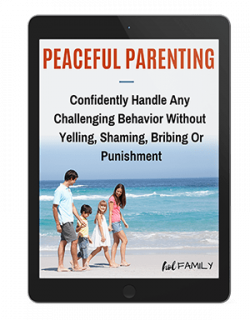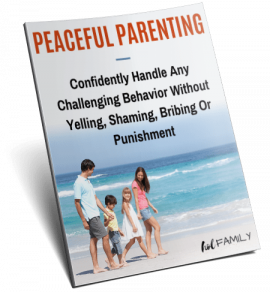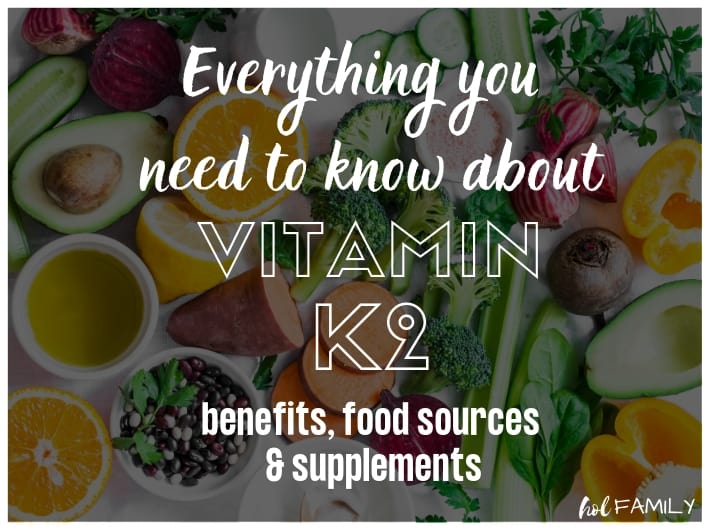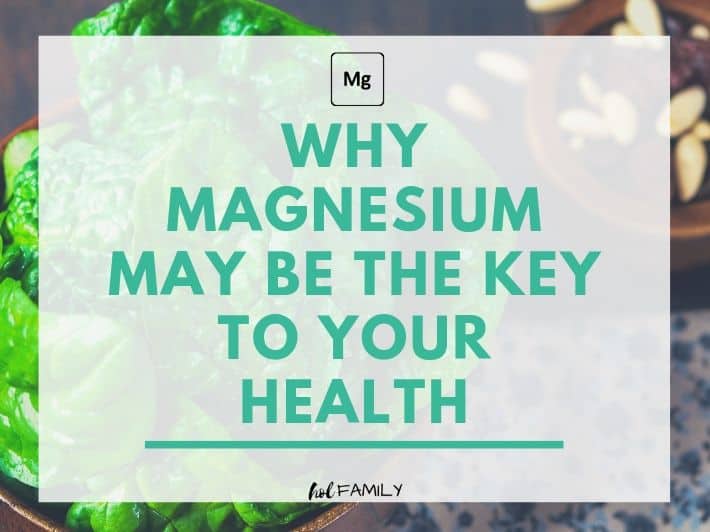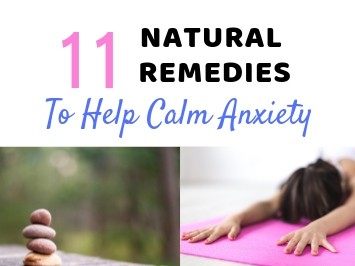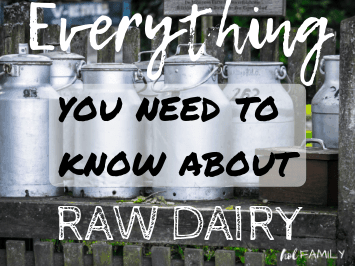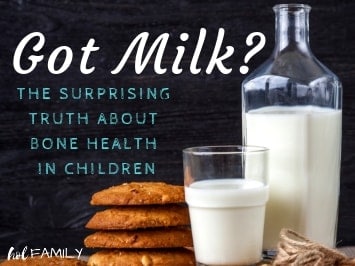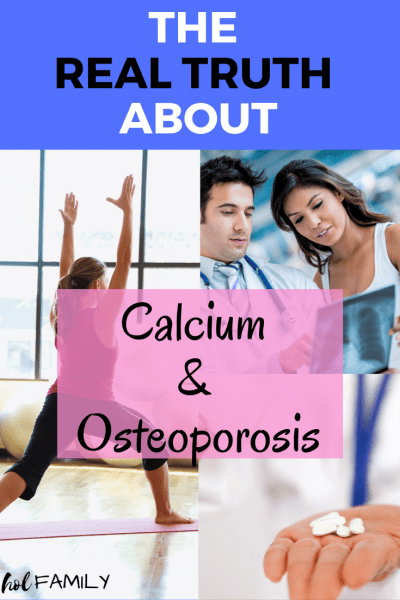
Our family follows a dairy-free diet, thanks to sensitivities to lactose and the proteins found in milk and other dairy products. While we did try to incorporate raw, fermented dairy into our diets at one point, we still experienced negative side effects. Eventually, we decided that completely eliminating dairy from our home was right for us.
But what about calcium? Aren’t we worried about developing Osteoporosis? Nope, and here’s why…
What is Osteoporosis?
Osteoporosis means “porous bones” and is a progressive disease characterized by poor bone density (so literally thinning of the bones). This can lead to serious and debilitating fractures, generally in the vertebrae and hip.
Osteoporosis can be a silent disease, often going unnoticed until the first fracture occurs, prompting further investigation. According to the WHO, diagnosis is made using a DXA scan and is defined as a T-score of less than – 2.5 (compared to healthy young adults).
The condition is more common in women than men, and is usually linked to hormonal changes, dietary deficiencies, and drug therapy.
Other risk factors include menopause, lack of exercise, alcohol and caffeine consumption, chemotherapy, thyroid hormone drugs, distilled water, anti-seizure medications, anti-coagulants, diuretics, antacid abuse, and long-term steroid use. Most importantly, osteoporosis is preventable with appropriate dietary and lifestyle measures.
The Problem With Calcium Supplements
For years, health organizations in Canada, the United States, and around the world have been recommending calcium supplements to individuals most at risk of developing osteoporosis, as well as those already diagnosed with the condition.
Supplements have been recommended in doses exceeding 1,000 mg daily despite the fact that increasing calcium intake does not increase bone formation.
In fact, recent meta-analyses have concluded that there is little substantive evidence of any beneficial effect on bone health by calcium supplementation. (1,2)
In fact, new studies have actually shown that daily intake of calcium from supplements may actually have some harmful and unwanted side effects including increased cardiovascular events, kidney stones, and gastrointestinal symptoms. (3)
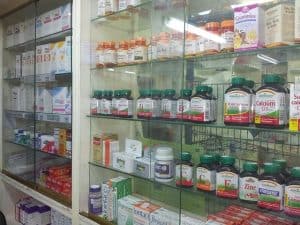
Calcium and Bone Health
Even calcium from dietary sources may not play as big of a role in bone health and fracture prevention as previously thought. Interestingly enough, a 1992 review of fracture rates in various countries around the world showed that the populations with the highest calcium intakes correspondingly also had the highest fracture rates. (4)
One prime example is comparing fracture rates among blacks from South Africa who average a mere 196 milligrams of calcium intake daily to those of similar ethnicity living in America and consuming much more calcium daily. The fracture rates for the South Africans averaged 6.8 per 100,000 person-years where as those living in America had incidence rates of 60.4 per 100,000 person-years. (4)
The famous Harvard Nurses’ Health Study followed 77,761 women, aged 34 to 59 for 12 years, and found that that women who drank three or more glasses of milk daily had no decreased risk of hip or arm fractures in comparison to those who drank little or no milk, even after adjustment for other variables such as weight, menopausal status, smoking, and alcohol use. (5)
Even more surprisingly, fracture rates for those who drank more milk were actually higher than those for women who drank little or no milk.
So it seems that calcium intake isn’t the sole factor when it comes to bone health and osteoporosis.
What we do know is that this mineral plays a role in bone remodelling and therefore it is important to discuss the appropriate intake of calcium in the diet.
While certain health organizations such as the National Osteoporosis Foundation recommend amounts of up to 1,000 mg a day for men over 50 and 1,200 mg a day for women over 50, studies have shown that intakes over 600 mg daily do not improve bone integrity. (6,7)
Even the World Health Organization does not recommend intakes of over 500 mg of calcium daily for adults.
So where should we get our intake of calcium from?
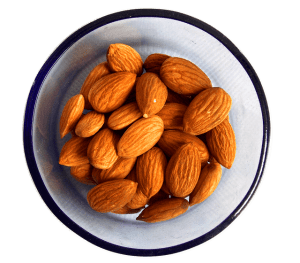
For a myriad of reasons, dairy may not be the ideal source of calcium that is has been purported to be for so many years (the exception to this is raw milk which you can read more about here).
Calcium absorption from milk is low at only 32 percent, compared to calcium from vegetable sources, which can range from about 40-64 percent. (8)
Some of the best sources of calcium include green leafy vegetables, beans and legumes, certain nuts and seeds, and fortified products such as almond and coconut milk.
Calcium Losses
When it comes to bone health, calcium losses are another important factor. While certain factors such as genetics and life-saving medications cannot be altered, many dietary and lifestyle factors play important roles in our bone health and overall net gain of calcium (what we are left with after factoring in absorption and calcium losses).
Sodium and phosphorus intake, tobacco use, caffeine, animal proteins, level of physical activity, and amount of sun exposure have all been named as variables in leaching calcium.
Excessive sodium intake impacts calcium metabolism by causing the body to break down bone tissue and increase calcium excretion in urine. (9)
Excess phosphorus intake (those daily soda habits) may also have a negative impact on bone health. (10)
Tobacco is very detrimental to the skeleton and overall health and should be avoided entirely.
Likewise, alcohol in excess of two drinks per day for women and three drinks per day for men may also have a negative impact on bone health and increasing the risk of falling. (6)
Many scientific papers, textbooks, and government organizations have long claimed that animal protein intake has a negative impact on bone health. They blame this on the acid forming nature of protein, drawing calcium from the bones.
However, a recent systematic review and meta-analysis looking at the link between dietary acid intake and bone disease determined that the association between dietary acid load and osteoporotic bone disease is not supported by evidence.
It further concluded that there is no evidence that an alkaline diet is protective of bone health. (11)
Positive Impacts on Bone Health
Research findings suggest that sufficient protein intake is actually an important factor in the maintenance of bone integrity. (11)
Regular weight-bearing and muscle-strengthening exercises have been shown to reduce the risk of falls and fractures. They may even modestly increase bone density and are recommended for all individuals at risk for or diagnosed with osteoporosis. (6)
Weight-bearing exercises are those that force the muscles and bones to work against gravity, with the legs and feet bearing the weight of the body. Examples include jogging, walking, climbing stairs, dancing, and tennis. Muscle-strengthening exercises such as weight training and resistance exercises like yoga and pilates are also highly beneficial.
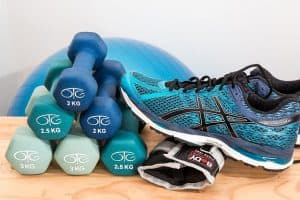
Vitamins and Minerals for Bone Health
Vitamin D plays a major role in bone health since it is essential for effective calcium absorption from the small intestines. It also improves muscle function, which leads to improved balance and subsequently decreases the risk of falling and fractures. (6)
The absolute best source of vitamin D is the sun as the sun’s rays interact with our skin to actually manufacture vitamin D. Northern climates with less sun exposure, sunscreen use, and sedentary lifestyles all hinder the body’s ability to make vitamin D.
There are very few food sources of vitamin D (fish, cod liver oil, liver, eggs, sun exposed mushrooms, fortified milk, and fortified milk alternatives) making it impossible to get adequate amounts from food alone.
A few minutes of sunlight a day is all that the body requires in order to meet its vitamin D needs, however those at risk of deficiency should consider a supplement to ensure adequate levels.
Low dietary vitamin K intake has also been associated with an increased risk of fractures in men and women.(12) Vitamin K2 should always be taken along with calcium supplements because it helps to direct calcium into the parts of the body where it is needed the most, like the teeth and bones. Without vitamin K2, calcium supplement can lead to calcification in the arteries.
Vitamin K1 (phyloquinone) is found in spinach, kale, lettuce, cabbage, green tea, asparagus, oats, whole wheat, green peas, broccoli, and some vegetable oils.
Vitamin K2 (menaquinone) is found in meat and fermented products like natto and cheese.
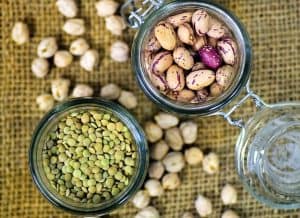
Magnesium is equally important, as it stimulates calcitonin deposition in the bones while drawing it out of the soft tissues. Magnesium sources include dried seaweed, most beans, buckwheat, millet, wheat berries, corn, barley, rye, rice, nuts and chlorophyll containing foods (spirulina, blue-green algae, wheat or barley grass, chlorella).
Silicon is a mineral found in high concentrations in growing bone; it is responsible for strengthening connective tissue and may play a role in osteoporosis prevention.
Boron supplementation is known to raise serum estrogen and testosterone levels (studies have demonstrated that boron supplementation can produce estrogen levels identical to estrogen-treated women whose diets were not supplemented with boron).
The best bone supplement is a comprehensive formula including calcium (blends are okay but citrate and chelate are the most readily absorbed forms), magnesium, phosphorus, vitamin D3, vitamin K, and trace minerals including boron and silica.
Calcium is best absorbed when taken with food and in the evening (bones are naturally in a build-up phase in the evening hours).
Other supplements to consider include cod liver oil and the herb nettle.
Cod liver oil can be beneficial due to its highly absorbable vitamin A and D content.
The herb nettle (Urtica dioca) can also be helpful thanks to its high content of vitamins and minerals. It is notably high in calcium, silica, and vitamin C and aids in the absorption of calcium and formation of collagen. It also contains moderate levels of vitamin K, making it an excellent bone-building herb.
Last but not least, consider making an old fashioned pot of bone broth which contains highly absorbable forms of many bone building nutrients including calcium, magnesium, phosphorus, silicon, sulfur chondroitin, glucosamine, and a variety of trace minerals.
Final Thoughts on Osteoporosis Prevention
- Calcium supplements are poorly absorbed and haven’t been shown to prevent osteoporosis or help the condition improve
- Calcium from dairy is less absorbable than other foods
- The best sources of calcium are green leafy vegetables, beans and legumes, certain nuts and seeds, and fortified products like almond and coconut milk
- Sodium and phosphorus intake, tobacco use, caffeine, animal proteins, too little physical activity, and prolonged sun exposure are calcium leachers
- Weight-bearing and muscle building exercise may help reduce the risk of falls and fractures
- Vitamin D, Vitamin K, Magnesium, Silicon, and Boron are all important vitamins and minerals for bone health
- Cod liver oil and Nettle are also helpful for bone integrity
- Bone broth is a superfood for bone health because of it’s high mineral content
- The best bone supplements should include calcium (from citrate or chelate), magnesium, phosphorus, vitamin D3, vitamin K, and trace minerals including boron and silica
- Calcium is best absorbed in the evening and with food
What are your thoughts on calcium and bone health?
SaveSave
SaveSave
SaveSave
SaveSave
SaveSave
